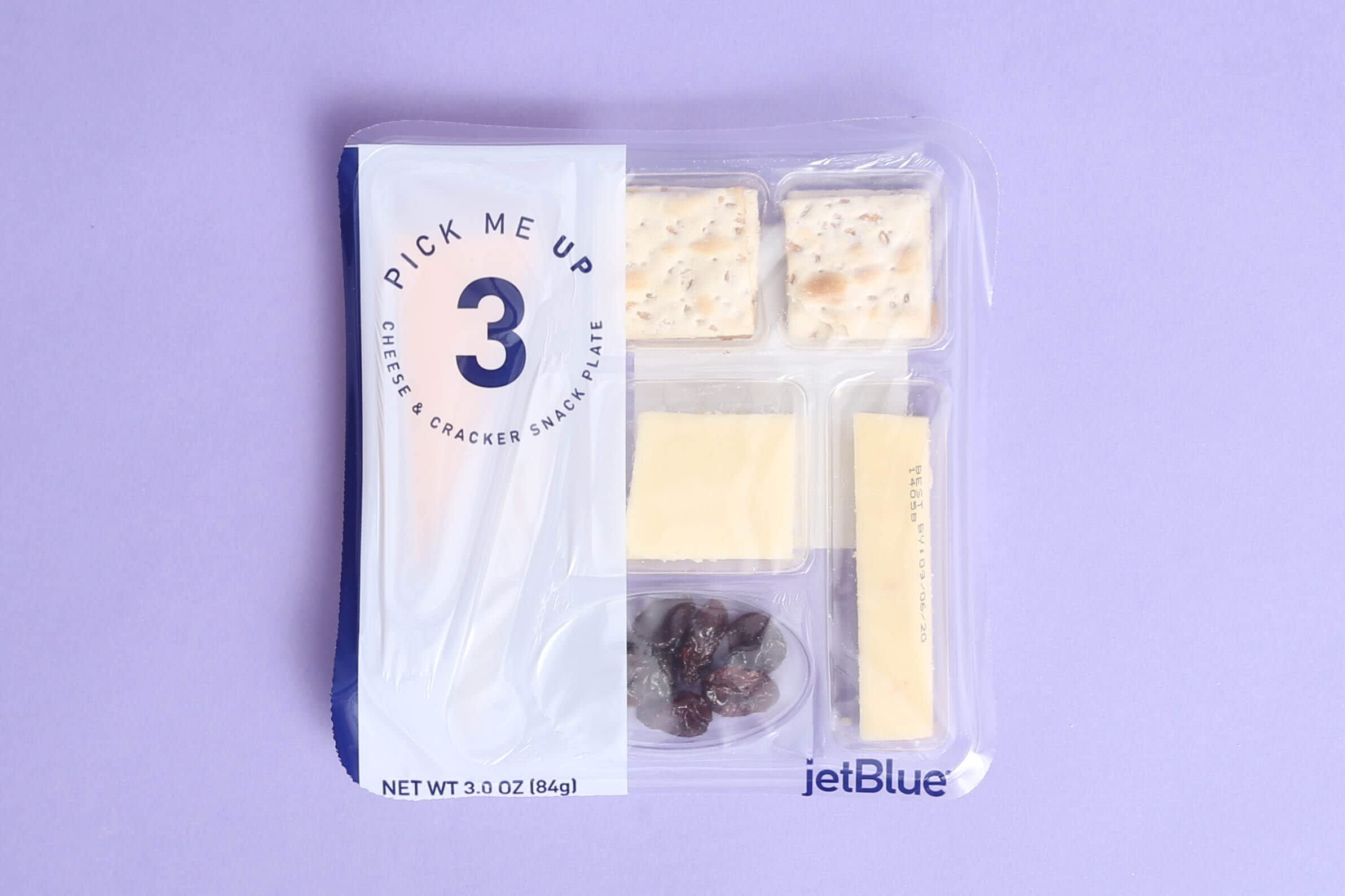Before the Covid-19 crisis even became a pandemic, food waste start-up Imperfect Foods saw an opportunity.
The discount grocery subscription box service, launched in 2015, sells scarred, discolored or misshapen produce that is perfectly fine to eat.
So when the spread of novel coronavirus started shutting down restaurants and hotels, Imperfect Foods reached out to see how it could help.
Imperfect Foods CEO Philip Behn says one of the company’s first deals was for airline snacks.
“A catering company that supplied to JetBlue was one of the first opportunities that we saw because the airline industry was affected very early from this pandemic,” Behn tells CNBC Make It.
Imperfect Foods, whose subscription boxes start at around $16 for conventional options and $24 for organic options, bought 14,000 cheese plates that its customers could add their subscription box for $2.99 per plate. (JetBlue typically charges $9 per cheese plate to its in-flight passengers.)
How many people actually chose to order the airline snack is unclear — Imperfect Foods declined to disclose how many cheese plates it sold.
A spokesperson for JetBlue confirms that the cheese plates were intended for its travelers but were no longer needed once the Covid-19 outbreak began. The airline also notes that the snack packs Imperfect Foods received were never in its possessions and were bought directly from the food partner.
Beyond the JetBlue cheese plates, Imperfect Foods bought popcorn kernels meant for movie theaters and broccoli florets usually reserved for restaurants.
And “there are other stories, from pineapples [meant for a hotel] all the way to seafood that we have been able to recover from stalled supply chains,” Behn says.
Pineapples, for example, are usually too expensive for Imperfect Foods to offer to its customers, but when the hotel industry started to close down, the company was able to buy the fruit at a discounted price.
Imperfect Foods customers can expect a 30% discount on its items compared with supermarket chains, according to Behn.
With United States grocery store costs having jumped 2.6% in April — the largest one-month jump since 1974 (due to reduced supplies and high wheat costs to farmers at the time) — Behn says Imperfect Foods has seen a 40% boost in its active customer base since the start of the pandemic.
The company has raised more than $119 million in funding since 2015, according to Behn, and has an estimated valuation of more than $202 million, according to PitchBook.
The company says it has served more than 300,000 customers in 41 states across the U.S. and has “saved” more than 116 million pounds of food since 2015.
But while Imperfect Foods says it is on a mission to save to help save some of the tens of billions if pounds of produce that go to waste each year in the U.S., critics of so-called “ugly” or imperfect food start-ups say the food industry is in fact already good at using imperfect food. (For example, it is widely used in food service where the produce is cut up and cooked into dishes, and therefore it doesn’t matter what it looks like.)
Critics also say the ugly produce sellers actually hurt farmers by buying their produce at such deep discounts.
Behn admits that Imperfect Foods is far from being a “silver bullet” in solving all the issues that plague our current food system. And when growers sell their imperfect goods to any processor it is going to impact their bottom line, he says.
But with Imperfect Foods, “instead of writing it off as a loss,” farmers and food purveyors can have “confidence their product will go on to feed people and also set up a viable income stream that wasn’t readily accessible before,” Behn says.
Check out: The best credit cards of 2020 could earn you over $1,000 in 5 years
These airlines have the healthiest food options
Airbnb CEO: These are 2 things that caused WeWork’s fall
There’s going to be a Nutella-themed pop-up hotel in January
